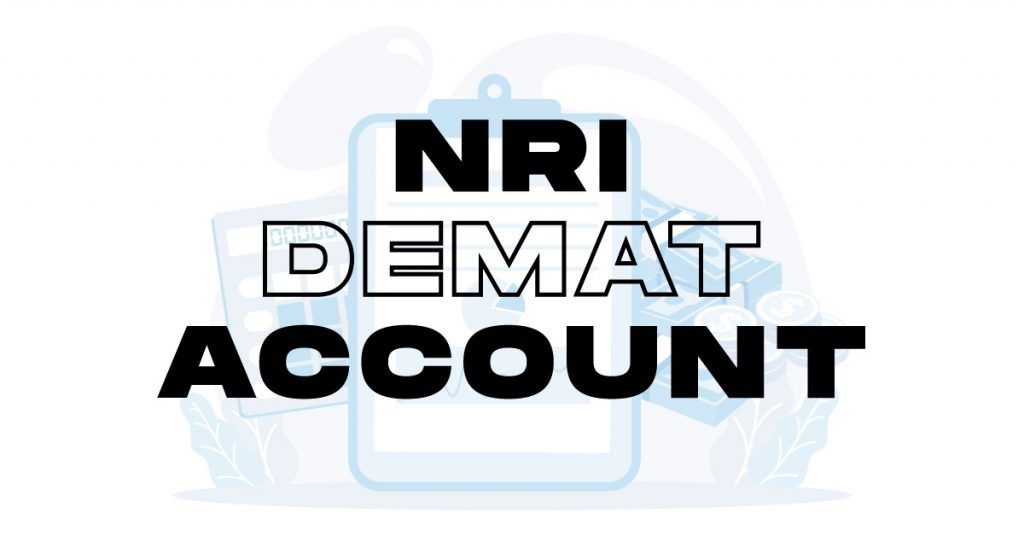What is ASBA? Full Form, Benefits and Detailed Application Process
Written by Mariyam Sara
Published on October 08, 2025 | 5 min read

If you are new to stock market investments and have recently started analysing IPOs (Initial Public Offerings), you might have come across the term ASBA. The entire IPO process has become streamlined and more transparent than before due to the introduction of ASBA. It is a tool introduced by SEBI which helps investors bid for IPOs without immediately debiting funds from their accounts.
This implies that the amount is blocked and is debited only upon allotment. With ASBA, overall transparency and trust in the IPO process have been enhanced, making it a standard route for raising capital.
But what was the system like before the introduction of ASBA, and how has it improved the conventional processes? Let us find out more about ASBA.
ASBA: Full Form and Meaning
ASBA stands for Application Supported by Blocked Amount, which is a facility that enables investors to apply for IPOs, FPOs, rights issues, and other offerings by authorising their bank account to block the amount of the application. It is different from the conventional method, where the amount is used to get debited earlier and blocked in an escrow account.
Here, the amount remains blocked in the investor’s account and is debited only when shares are allotted. This initiative by SEBI helps improve transparency and facilitate faster processing. It has been mandatory for all investors since 2016 and applies to all public issues where payment is made through ASBA.
The Purpose of Introducing ASBA
The conventional method of IPO applications was slow and involved a significant amount of paperwork. Earlier, when a company would come up with an IPO, an interested investor (applicant) would fill out the form, submit a cheque for the application amount, which was debited from their account and kept in an escrow account.
The manual process presented numerous challenges, beginning with slow processing and refund-related hassles. To address these inefficiencies, SEBI introduced ASBA in 2008, making the IPO process more secure and investor-friendly. With ASBA, funds remain in the investor accounts, thereby boosting overall investor confidence and trust in the system. It also reduced manual efforts and paperwork, thereby improving the operational efficiency of the IPO processes.
Eligibility Criteria
To apply using the ASBA facility, an investor should be an Indian citizen with a valid PAN, a Demat account with a SEBI-registered broker, and a bank account with a Self-Certified Syndicate Bank (SCSB). The account should have sufficient funds, and the investor must adhere to the ‘one PAN–one IPO’ application rule to avoid rejection.
Benefits of ASBA
If you are a young investor who has never applied for an IPO through the conventional route, you may be unaware of the hassles, confusion, and unnecessary time lag involved in the application process, from allotment to refund. With ASBA, the entire process has become as easy as trading on the stock market regularly. Here are the most critical benefits:
No Upfront Debit
The application amount is blocked, not withdrawn, ensuring you retain control over your funds until the allotment is made.
Earn Interest
Since funds remain in your savings account, they continue to earn interest during the blocking period.
No Refund Hassles
If shares aren’t allotted, the blocked amount is simply released, no refund process involved.
Paperless and Convenient
Online ASBA via net-banking offers a smooth, paper-free IPO application experience.
SEBI-Regulated and Secure
ASBA is a SEBI-mandated process, making it a safer and more transparent alternative to manual methods.
Time-Saving
Faster processing and allotment updates through integrated systems between banks and exchanges.
Application Process Under ASBA
The application process under ASBA (online and offline methods) is described here:
| Step | Online ASBA (Net Banking) | Offline ASBA (Physical) |
|---|---|---|
| Access | Log in to your bank’s net-banking portal | Download the ASBA form from the NSE/BSE website or collect it from your bank |
| Navigate | Go to the IPO/ASBA section | Not Applicable |
| Select IPO | Choose the IPO you want to apply for | Mention IPO details in the form |
| Enter Details | Fill in PAN, Demat Account Number (DP ID & Client ID), bid quantity, and price | Enter Name, PAN, Demat account details, number of shares, and bid price. Be extra careful while inserting details manually |
| Submission | Apply online and verify via OTP | Submit the completed form at your bank’s SCSB-designated branch |
| Action by the Bank | Bank blocks the application amount and shares bid details with the exchange | The bank blocks the application amount and uploads the application to the exchange |
| Acknowledgement | Receive Application Number/Reference ID for tracking | Get a stamped acknowledgement slip as proof |
| Allotment | If allotted, the amount is debited; if not, the funds are unblocked automatically | Same process: debit on allotment, unblock if not allotted |
Note: You can also use UPI apps (available to retail investors) to apply for IPOs through broker platforms. UPI is allowed for a bid up to ₹2 lakhs. Here, the blocking mandate is provided by the UPI app rather than ASBA.
FAQs
Can I cancel or withdraw my ASBA application?
Yes, you can cancel your ASBA application before the IPO closes by contacting your SCSB branch or using the net-banking portal. The blocked amount will be released accordingly.
Will the entire account be blocked, or just the IPO amount?
Only the specific IPO application amount is blocked. The remaining balance in your bank account remains fully accessible.
Do I earn interest on the blocked amount?
Yes, the blocked amount continues to earn interest since it stays in your savings account until debited upon allotment.
Does applying through ASBA increase my chances of IPO allotment?
No, ASBA does not improve your chances of getting an allotment. All valid applications are treated equally during the allotment process.
What happens if the IPO is withdrawn or I don’t get any shares?
If the IPO is withdrawn or you are not allotted any shares, the blocked funds are automatically unblocked and made available in your account.
With the introduction of ASBA, the entire investment process in IPOs has become faster, reliable, and more user-friendly than before. As funds are simply blocked, there are no refund delays, thereby increasing investor confidence. Whether online or offline, ASBA ensures transparency and control throughout the IPO process.
About Author
Mariyam Sara
Sub-Editor
holds an MBA in Finance and is a true Finance Fanatic. She writes extensively on all things finance whether it’s stock trading, personal finance, or insurance, chances are she’s covered it. When she’s not writing, she’s busy pursuing NISM certifications, experimenting with new baking recipes.
Read more from MariyamUpstox is a leading Indian financial services company that offers online trading and investment services in stocks, commodities, currencies, mutual funds, and more. Founded in 2009 and headquartered in Mumbai, Upstox is backed by prominent investors including Ratan Tata, Tiger Global, and Kalaari Capital. It operates under RKSV Securities and is registered with SEBI, NSE, BSE, and other regulatory bodies, ensuring secure and compliant trading experiences.

























